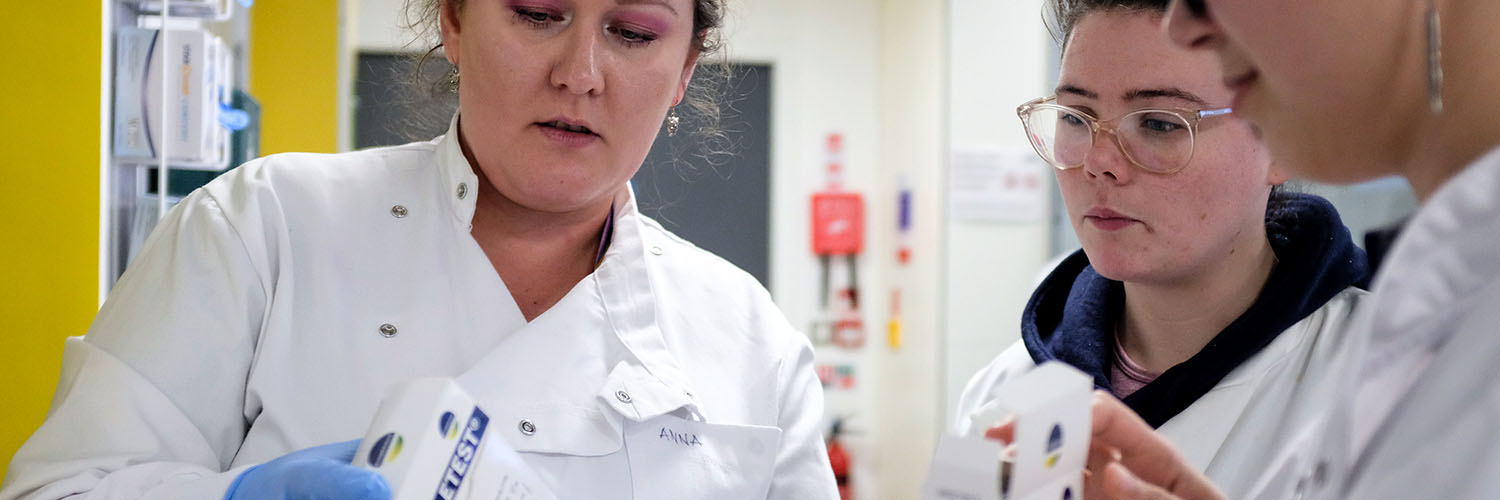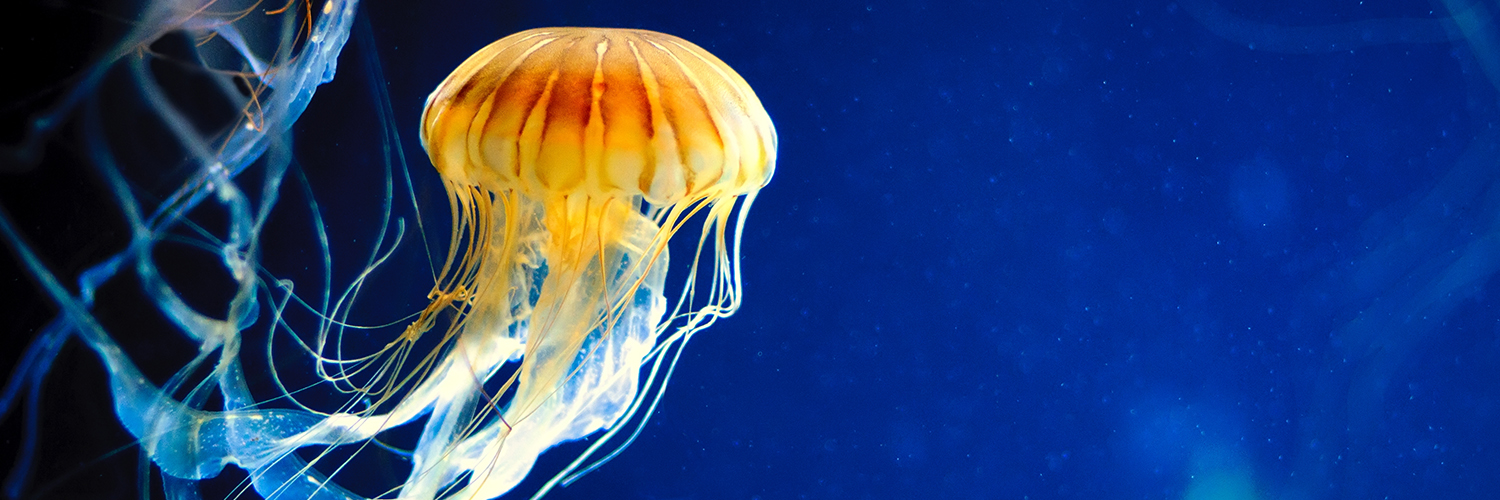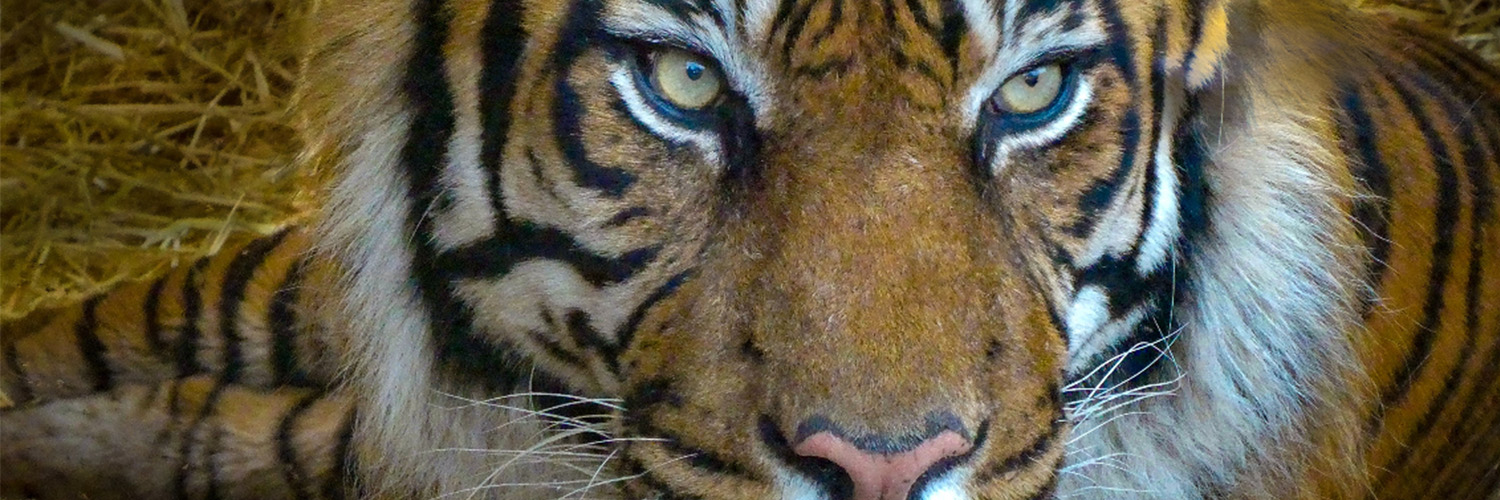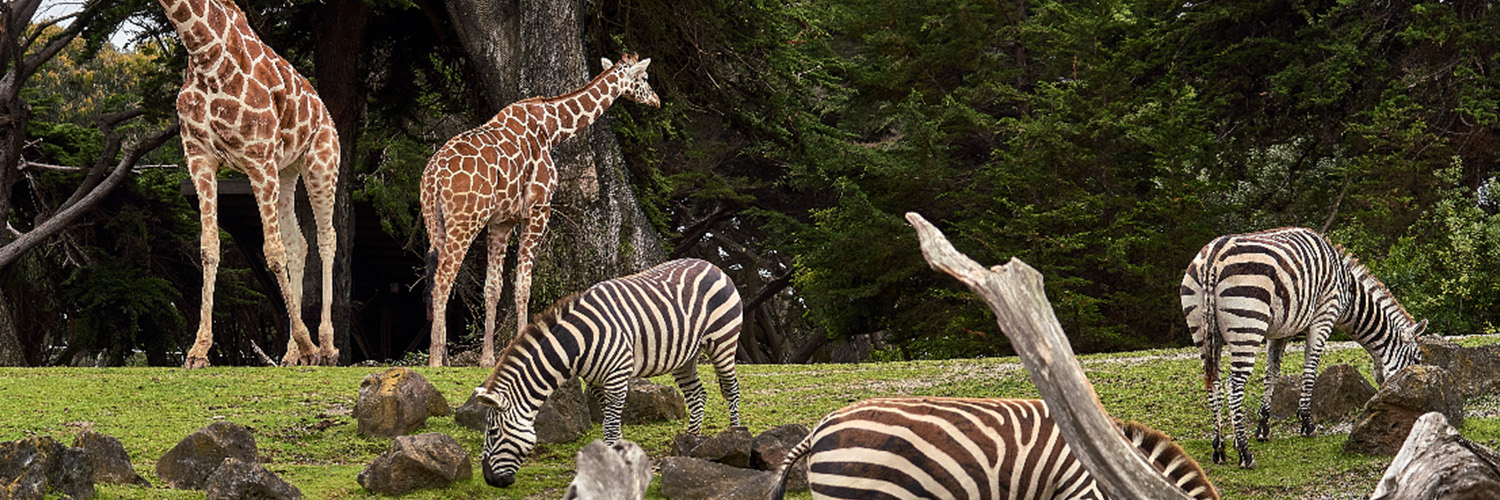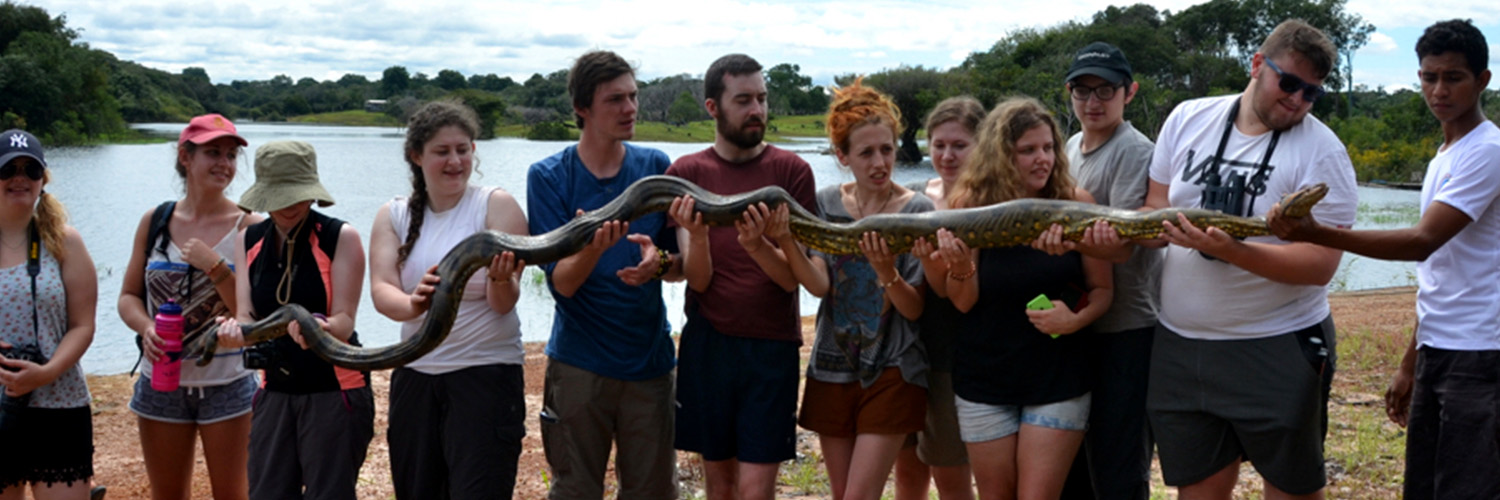Study Biology and Wildlife at Salford
Urgent action is needed to protect our environment. As the human impact on the natural world intensifies, the damaging loss of biodiversity and effect on our ecosystems increases.
Biological sciences and wildlife professionals work in a range of important roles, from advocacy and campaigning, to making research discoveries and completing vital conservation work. With a biological sciences, marine biology, wildlife conservation or zoology-based degree, you can join them.
SIGN UP FOR OUR OPEN DAY
Choosing what to study at university can be a big step.
Learn more about studying biology and wildlife-based degrees, explore course modules, tour our labs and speak to the course team by attending our next Open Day.
Biological Sciences
Choose a Biological Sciences degree to get to the very heart of life, and have the opportunity to take your studies abroad to the USA.
Explore our biology courses:
Marine Biology
Climate change, pollution and unsustainable fishing are just some of the many challenges facing marine life today. A Marine Biology degree will equip you with the skills understand complex ocean ecosystems and how to best protect them.
Explore our marine biology courses:
Wildlife Conservation
Choose to study wildlife conservation to learn what can be done to protect habitats, safeguard endangered species and restore biodiversity. You will focus on organisms’ relationship with their environment and learn about conservation practices for animals both in the wild, and in zoos and nature reserves.
Explore our wildlife conservation courses:
BSc (Hons) Wildlife Conservation
BSc (Hons) Wildlife Conservation with Foundation Year
BSc (Hons) Wildlife Conservation with Zoo Biology
BSc (Hons) Wildlife Conservation with Zoo Biology with Foundation Year
Zoology
The animal kingdom and our precarious ecosystems are threatened - both by mankind and nature itself. A degree in Zoology gives you a fascinating opportunity to understand animals, their behaviour, their interactions with each other, and the environment.
Explore our zoology courses:
STUDY BIOLOGY AND WILDLIFE THE SALFORD EXPERIENCE
Immersive learning. Research-led. Industry focused.
Biology and wildlife-based degrees at Salford are designed to give you the deep theoretical knowledge and real-world skills you’ll need.
- Experience an immersive learning approach, enriched with laboratory experiments, placements, and field trips. Recent years trips include the Orangutan Tropical Peatland Project in Borneo
- Benefit from research-informed teaching led by academic staff, engaged in areas that cover that cover wildlife and fisheries management, socio-biology, remote sensing, sustainability and spatial ecology
- Choose to include an industrial placement year, between years two and three, to boost your future employability. There are placement opportunities available with leading companies and research institutes at sites across the UK and overseas
CAMPUS LIFE. BIG CITY BUZZ
University life is not just about what you study - where you study matters too.
Our amazing location blends the beauty of our parkland campus with the buzz of central Manchester on our doorstep - not to mention great transport links to explore the North West.
This winning combination makes Salford a great study destination. Come and take a look.


